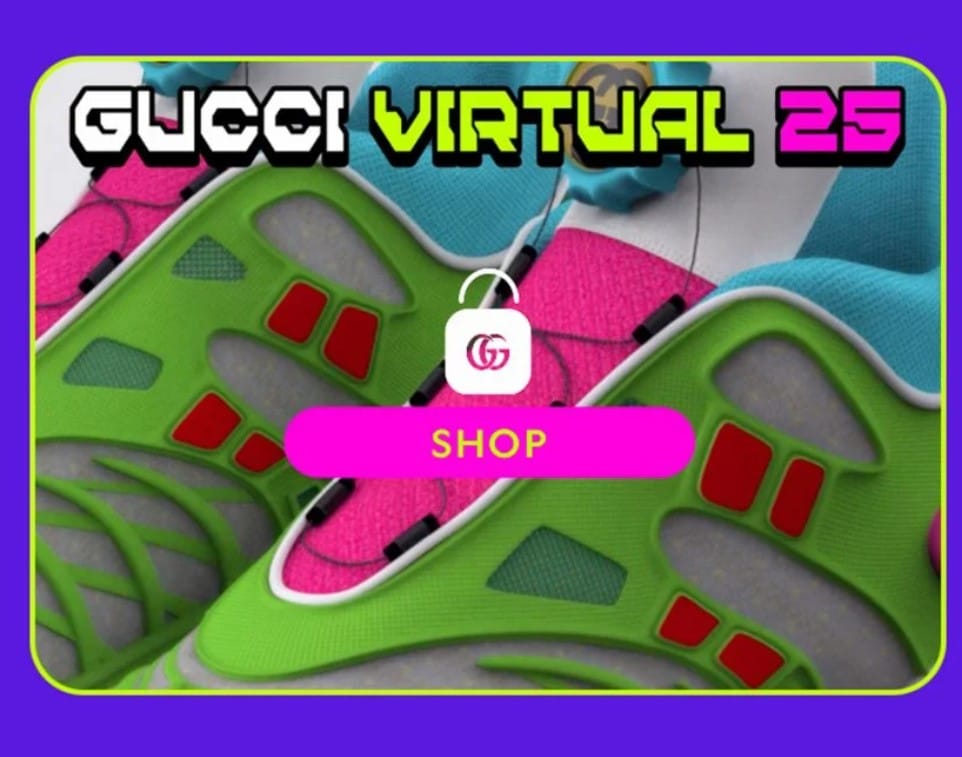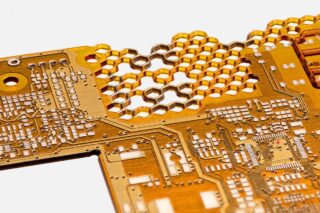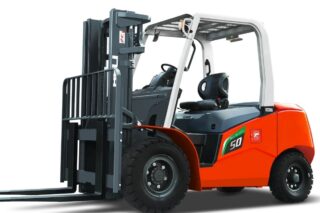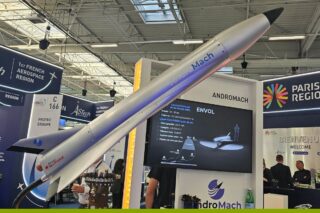Microsoft, Facebook, Nike and Disney have all announced that they are developing a metaverse as a priority. This concept of an entirely digital world, which is still unclear to many, could nevertheless have a decisive impact on consumer digital technology as well as on industry as a whole. According to a Bloomberg Intelligence study, the annual metaverse market could be worth $800 billion (€688 billion) by 2024. But in practical terms, how will this innovation change industrial practices?
By Marc Bringuier, Augmented Reality Market Director at PTC
Collaborative Platforms Combining Virtual Reality and Cloud
Although presented as a radically new concept, the metaverse is simply the logical consequence of existing technologies such as augmented reality, virtual reality, cloud solutions and the blockchain. One of the first applications of the metaverse in the industrial sector is to create virtual collaborative spaces for more engaging and productive meetings and to promote remote cooperation on projects, design reviews or maintenance operations.
Microsoft‘s first metaverse announcement relates to this type of tool: the giant Mountain View company will include mixed reality features from its Mesh platform in its collaborative messaging system Teams from 2022. As the pandemic has greatly accelerated working from home, Microsoft sees an ideal opportunity to boost professional uses of its mixed reality headset using its cloud solutions. Beyond sheer remote collaboration, these devices could become more widespread for training and maintenance purposes.
New Methods of Data Exchange
However, the metaverse would not be such a hot topic if it were only a new way of holding a meeting. Its potential really lies in its ability to enhance companies’ digital continuity, i.e. the availability of all digital product data throughout the whole life cycle.
With augmented reality and the blockchain, for data authentication and tracking, the metaverse could offer real-time access to all the data required to manage production sites. As such, it is a natural extension of the integral models of products and factories; a digital pair that has proved valuable in optimizing production processes.
Digital Continuity at the Heart of Future Models
While the metaverse promises new methods for industry, it also has the power to transform business models and methods of consumption even more profoundly. By including NFTs (Non Fungible Tokens), unique digital objects can make up a huge new market in which any company could find an outlet for digital versions of their products.

In April 2021, the luxury brand Gucci released NFT shoes, the Gucci Virtual 25. These virtual shoes can be used by their owners as a filter on photos or videos: a glimpse of the mode of consumption that could spread throughout the metaverse and become a new source of revenue for industrial companies.
For example, a car manufacturer could sell NFT versions of each of its new models in the metaverse, as soon as they were released, enabling its customers to go for the same vehicle virtually and in reality. This is why digital continuity is of the essence. The first companies to take this step will be opening up to the markets of the future and will see excellent growth prospects.
As you can see, the metaverse is not just about technological innovation. It is an entirely new technological paradigm that provides for convergence of all technologies making up the digital future: augmented reality, virtual reality, blockchain, NFT, etc.
By helping companies to develop their digital continuity at both production and consumption levels, the metaverse offers a digital backbone that is destined to become essential in a great many sectors. Its development is therefore inevitable.
Today, however, it is carried by many competing players with separate projects. Who will win the day? It is very likely that the future will be about creating bridges between projects, so each one can specialize and develop complementarity with the rest of the metaverse ecosystem.










